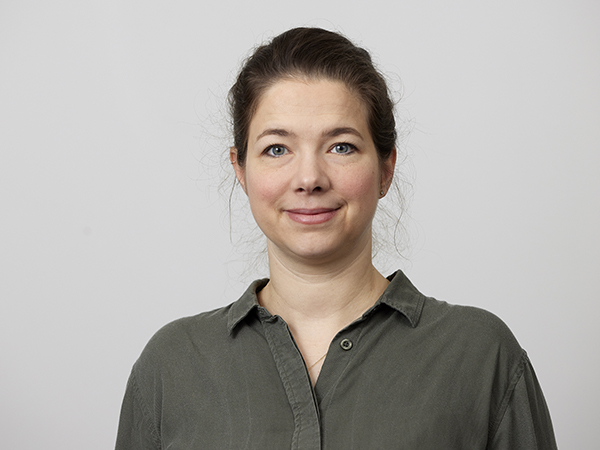Chalmers University of Technology
Cobalt-free and Graphite-free Lithium-ion Batteries
Industrial project
Postdoc
Open
Research question
Rechargeable batteries such as lithium-ion batteries have become an integral part of our everyday lives as mobile power storage devices. Most commercial Li-ion batteries used today contain several critical raw materials, such as graphite and cobalt. Being able to replace these materials with more naturally abundant elements will improve the sustainability of the batteries, while also decreasing the cost. A lower cost of Li-ion batteries will be crucial in making electrical vehicles cheaper and available to the mass market. However, many of the more environmentally benign materials with high energy densities suffer from poor performance in terms of cycling life.
In this project, NOVO Energy R&D and Chalmers University of Technology investigate together one of the main degradation mechanisms causing poor cycling performance in batteries, referred to as “crosstalk”. Crosstalk are processes where degradation products created at one electrode can move over to the other and further react, creating a negative circle of continuous degradation. Understanding these reactions and being able to prevent or at least reduce them, will be crucial to succeed in commercializing these materials.
Sustainability aspects
Decreasing the cost and environmental impact of Li-ion batteries will be fundamental to enable the transition from combustion engines towards electric motors. This transition is recognized as pivotal in achieving global sustainability goals regarding e.g., emission of greenhouse gases, long-term temperature goals, and air pollution. This research is strongly related to several of the UN sustainability goals, in particular the goal for “affordable and clean energy”. The research will also be relevant for the goals of “good health and well-being”, “sustainable cities and communities” and “responsible consumption and production”.

Chalmers University of Technology
Julia Maibach
Assistant Professor
julia.maibach@chalmers.se
NOVO Energy R&D
Reza Younesi
Industrial PI
Explore projects under the WISE program
WISE drives the development of future materials science at the international forefront. The research should lead to the development of sustainable and efficient materials to solve some of today's major challenges, primary sustainability. On this page you can read more about our research projects.
Explore projects